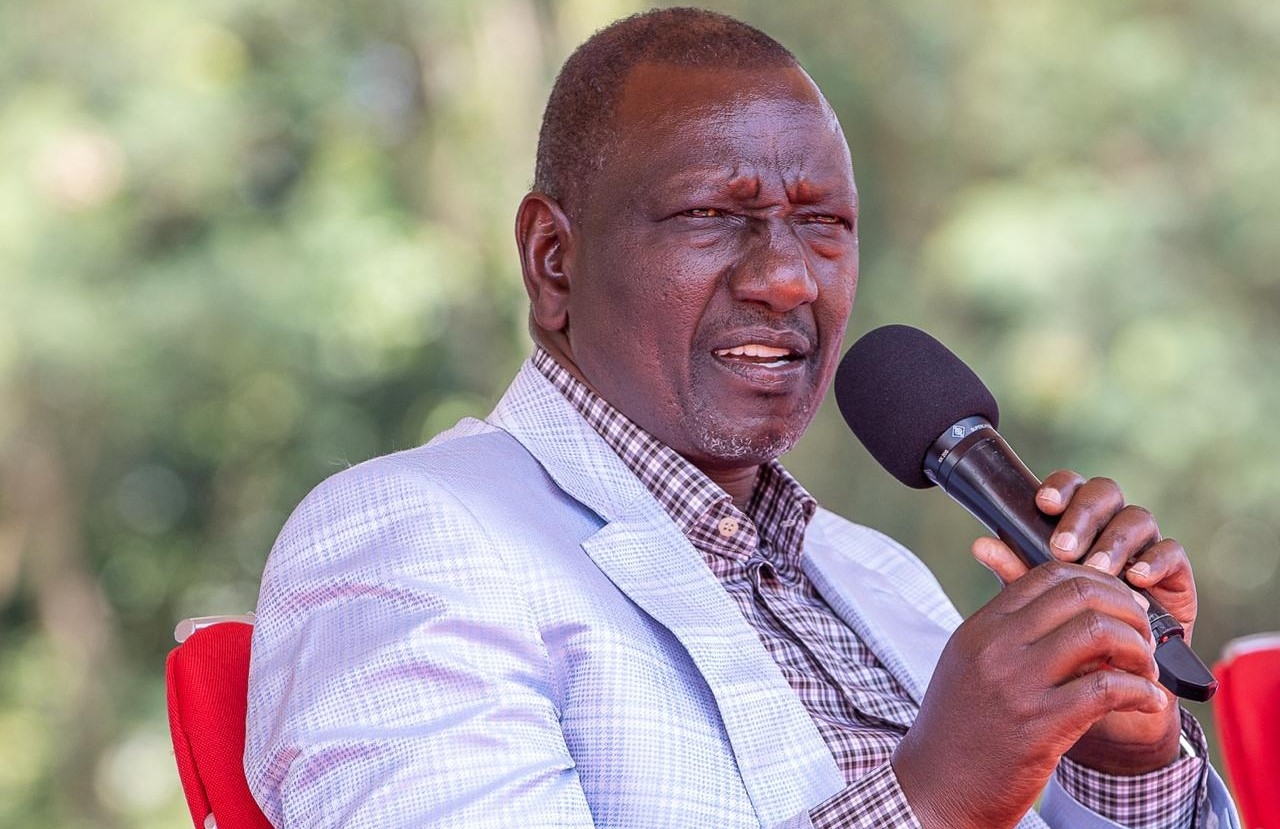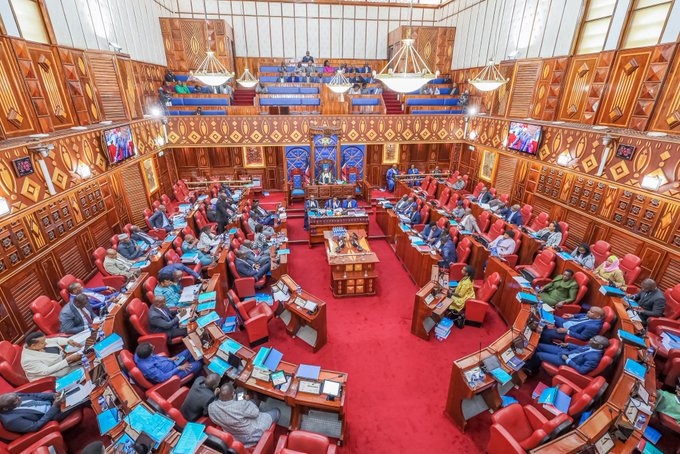The question of what exactly is the direction of the Kenyan economy today is in the mind of every citizen. From those who understand economics to those who have an interest to those who neither understand nor have an interest in economics, all have some economic concerns.
Without the assistance of any economic lenses, the public has witnessed with their bare eyes the increased cost of living, the depreciating value of the Kenyan Shilling, the increasing taxes and the rising prices of fuel to unfathomable levels.
Whether this is good or bad for an economy like Kenya's, I will simply say there exists no economic theory or model that justifies the current happenings as good, at least for the common man.
As citizens we have a civic duty under the Constitution of Kenya to give views on how better our laws and policies can serve the public. It is on this premise that I pen my thoughts with the sole aim of asking the government to effect policies that are more responsive to the needs of its people.
Delving into the economic debate, much more needs to be done to turn around the current status of our economy. The purpose of an economy is to decide and oversee the organisation of goods and services in terms of their production, distribution and consumption while creating jobs for the people.
The Greeks referred to it as oeconomicus, which refers to the practical activity of household management. Hence, the government should view the economy as a household and craft practical strategies that will ensure all members of the household have the ability to produce, distribute and consume as well as have some job to do.
Since the management of an economy and economic system is broad and inexhaustible, in this piece, I implore the government to consider scrapping the 16 per cent Value Added Tax on petroleum products and also provide incentives for the private sector to spur productivity and hence economic growth and development.
Why scrap VAT on petroleum products? The cost of fuel (oil) has direct impact on production, distribution and consumption of goods and services. The production sector relies heavily on electric power. The production of electricity depends on petroleum, which in turn affects production of goods and services.
With increased cost of production, producers opt to reduce quantities to cut costs since prices of their products are bound to rise and this price increase automatically decreases demand. Increase in oil prices can depress the supply of other goods because of the increased cost of producing the goods. In essence, high fuel prices can shift up the supply curve for the goods and services for which fuel is an input.
In the distribution cycle, Kenya relies on road and rail modes of transport, which are all fuel dependent. This means that the distribution costs also increase with increase in fuel prices. In addition, high prices of fuel reduce the amount of disposable income in the hands of consumers, hence, affecting demand for other goods and services. From an economic perspective, high prices of fuel can be interpreted as a direct tax on consumers.
Studies have shown that when fuel prices rise, it can be a drag on the economy that negatively impacts everything from consumer spending to the prices of basic household goods to hiring practices by companies. When discretionary spending is hampered by higher fuel costs, it can have knock-on effects throughout the broader economy. Could this be the case for Kenya?
To revert the current situation, it is time for the government, through Parliament, to scrap the VAT imposed on petroleum products by the Finance Act 2023, with a broader aim of easing cost-push inflation, easing pressure on producers and distributors and increasing disposable income by consumers to increase demand for other goods and services. This will in turn lower the cost of living and increase productivity, hence, spurring economic growth.
Research and policy expert
















